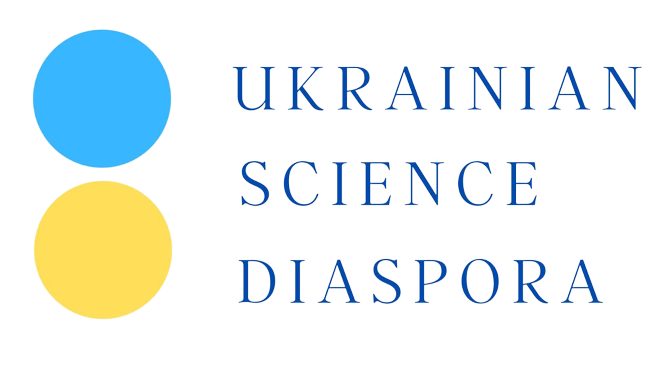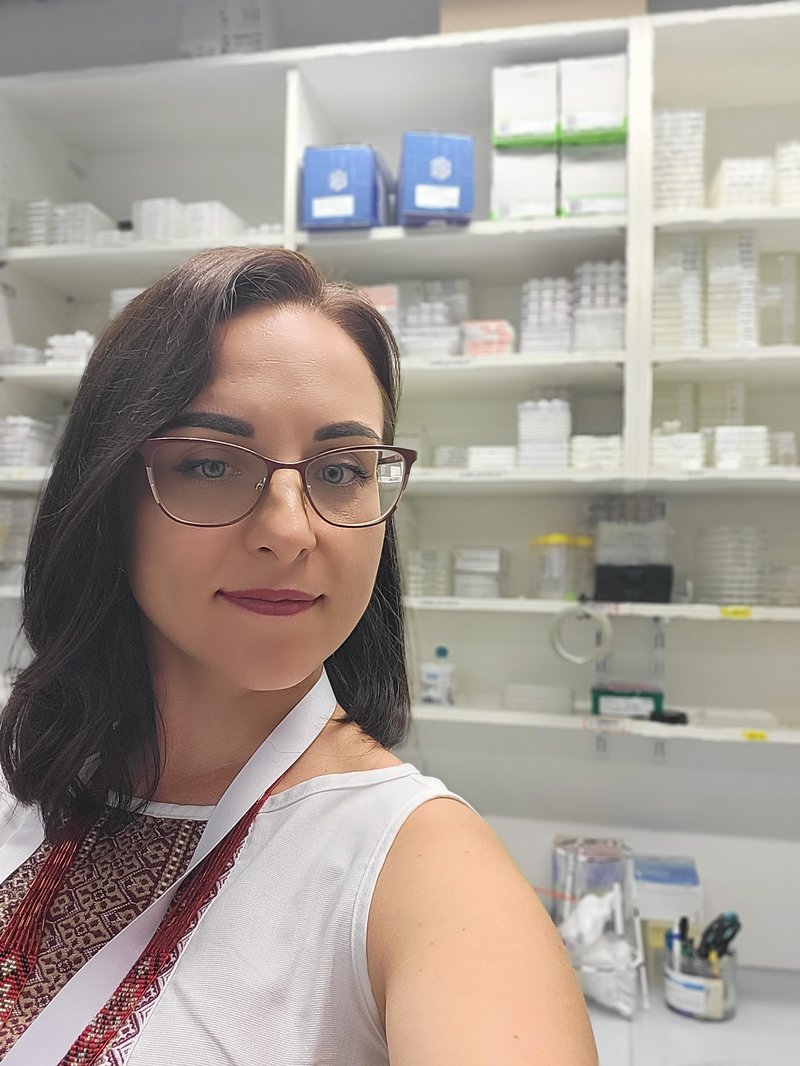My name is Maryna Kornet, and I am a bioorganic chemist and university lecturer. My scientific journey began in Zaporizhzhia, where I graduated from the Faculty of Biology at Zaporizhzhia National University. Back in the early 2000s, I faced a difficult decision — whether to choose a field that promised financial stability or to follow my passion. I chose the latter, and I’ve never regretted it. Biology and chemistry became not just my profession, but my daily inspiration.
Over the years, my research interests have covered a wide range of topics — from the synthesis of novel amino acid– and heterocycle-based compounds to the study of their antioxidant, antimicrobial, and toxicological properties. I have worked at the intersection of bioorganic chemistry, pharmacology, and applied biology, combining chemical synthesis with biological testing and in silico methods.
In recent years, I have focused on compounds with potential radioprotective properties. These molecules may be relevant not only in medicine but also in areas where exposure to ionizing radiation is a risk — such as energy, defense, or space research. This focus is a natural extension of my earlier studies, where I aimed to better understand the relationship between structure, activity, and safety in bioactive compounds.
At Zaporizhzhia National University, I advanced from PhD student to associate professor at the Department of Chemistry. Since 2020, I have led a laboratory dedicated to the synthesis and investigation of physiologically active substances. I have also served as an expert for the accreditation of educational programs at Ukraine’s National Agency for Higher Education Quality Assurance (NAQA). Throughout the years, I participated in several state-funded scientific projects, and I had the honor of coordinating one of them — focused on designing potential radioprotectors. In addition, I implemented a small outreach project supported by the British Council in Ukraine, aimed at promoting science in an open educational setting.
Since the start of the full-scale invasion, my academic life has changed dramatically. I temporarily relocated to Germany, where I now work at Heinrich Heine University Düsseldorf. I first came on a DAAD fellowship and currently continue my research as a MSCA4Ukraine fellow. A key figure in my academic transition has been Professor Thomas J. J. Müller, under whose guidance I have been able to continue and expand my work. His support, openness, and generosity have been invaluable during this chapter.
Despite the circumstances, I remain deeply connected to Ukrainian academia. I continue to teach students at ZNU remotely, contribute to accreditation processes, and help foster international partnerships. One example is the full accreditation of our bachelor’s program in chemistry in 2025 — we chose to go through a complete external review rather than opt for automatic extension, even though our university is located in a frontline city. (I also serve as the academic guarantor of this accredited program.)
To me, science is not just a profession. It’s a space for mutual support, intellectual growth, and shared discovery. I’m deeply grateful to the colleagues who helped me stay on my path, and to the institutions and organizations that opened their doors when I needed them most. I believe that our stories are not about escape — they’re about connection. And together, we can make Ukrainian science more visible and resilient than ever.

